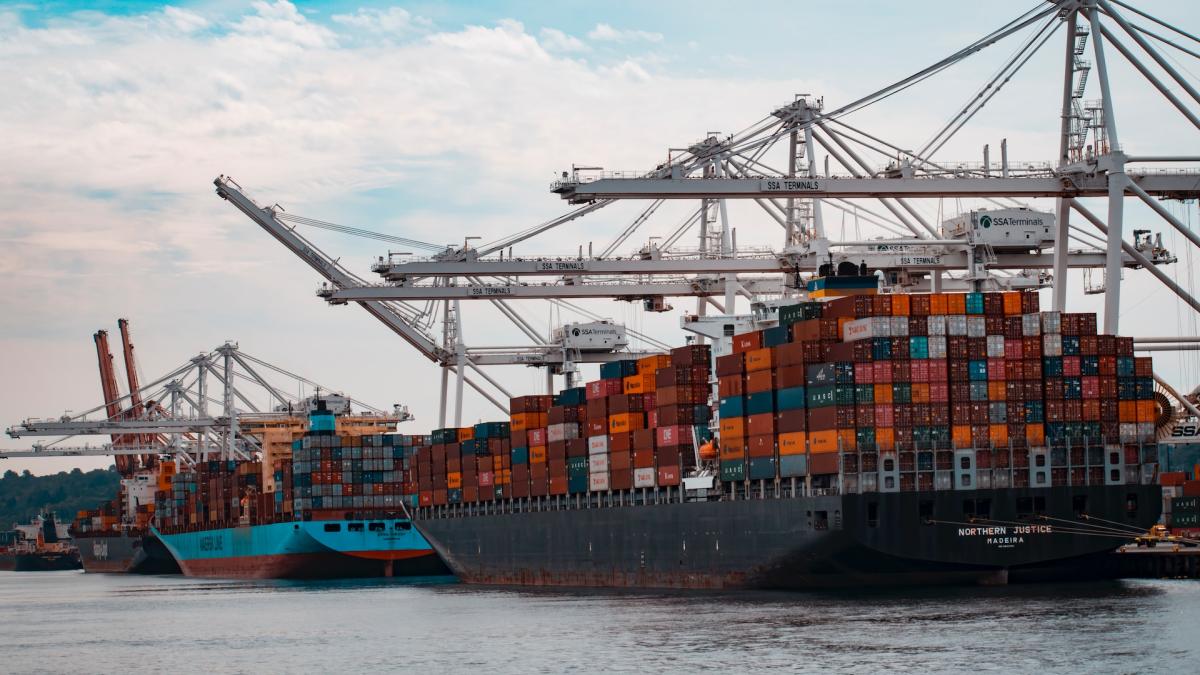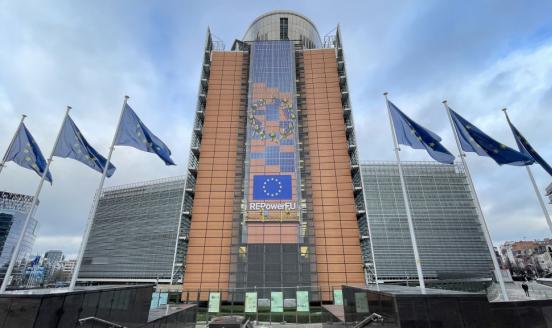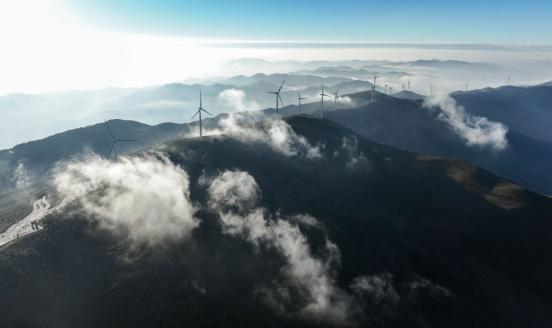Tax for climate finance should start with shipping
Emissions from international shipping are the most realistic target for taxes to pay for climate spending in developing countries.

The Bridgetown initiative, a climate finance plan for developing countries launched by Barbados prime minister Mia Mottley in 2022, inspired the Summit for a New Global Financial Pact, held in Paris on 22-23 June. The more than 40 leaders in attendance, including German Chancellor Scholtz, Chinese Premier Li Qiang and Brazilian President Lula, revived discussions on financing the energy transition in the South together with the fight against poverty. They confirmed the reallocation of $100 billion of International Monetary Fund Special Drawing Rights and agreed on the need for multilateral development bank reform to mobilise more public and private funds. There was also agreement on the need to work further on international tax.
What could sound like a vague commitment on tax might actually deliver a concrete outcome if a few conditions are met. To all economists, carbon taxation is the first-best candidate for an international tax to finance the energy transition. With only 40% of global carbon emissions priced, at an average worldwide price below €5 per tonne, a global carbon tax is long overdue. However, the political economy of the reform makes it impossible in the current circumstances (France’s gilets jaunes movement is the poster child of the opposition to carbon pricing). The Paris summit also floated briefly the idea of moving carbon taxation upstream to the point of fossil-fuel production, before rejecting it as a no-go.
One carbon tax might work, however. It was discussed in preparation for the summit but not mentioned explicitly in the outcome statement: a tax on carbon emissions from the shipping industry. Countries should give it a chance for three reasons.
First, global shipping is a cross-border activity that has both benefited from and contributed to globalisation, and is a significant contributor to overall emissions, representing almost 3% of global emissions, while all of Africa contributes 4%.
Second, this industry currently pays no tax on its carbon emissions. The fuel is completely tax free. No excise duties, no carbon tax. Moreover, shipping companies are not subject to regular corporate income tax anywhere in the world at a time when their profits have reached unprecedented levels.
Third, very little progress has been made on improving the carbon efficiency of shipping fuel and shipping is in fact falling behind its own commitments. The International Maritime Organisation’s net-zero ambitions are not aligned with the Paris Agreement, and negotiations at the IMO on the path towards carbon neutrality by 2050 are stalled.
If properly orchestrated, global agreement on an international tax can happen, as shown by the deal reached by 137 countries in October 2021 establishing an effective 15% global minimum tax (even though the shipping industry is the only one carved out from this agreement). A tax on carbon emissions from shipping could follow the same path, with a few essential steps.
There should be a top-down approach, in the form of a message from leaders to their delegates at the IMO to empower them to deliver meaningful progress. The Paris statement of outcomes could have been more explicit but it is not too late. The design should ensure impact even if not all countries implement. The 15% global minimum tax does not require all countries to implement; rather only a critical mass is required for it to have an impact. This pushes the slow-movers, so that it is not just the first movers that accrue the revenues.
A first step has already been taken with the European Union including shipping emissions in its emissions trading system (ETS). In 2026, half of the emissions related to shipping to and from Europe will be in scope of the ETS. The EU should seek allies to build a critical mass of countries, or of subnational governments where the large ports are located. It might be easier to convince the states of New York and California, than negotiating with the US as a whole.
Negotiations at the IMO will soon resume. The EU coalition to build out taxation of shipping emissions should start with small island states, like the Marshall Islands, under threat of disappearance because of rising sea levels. Together, they could open up a new route for international taxation.



